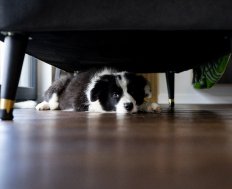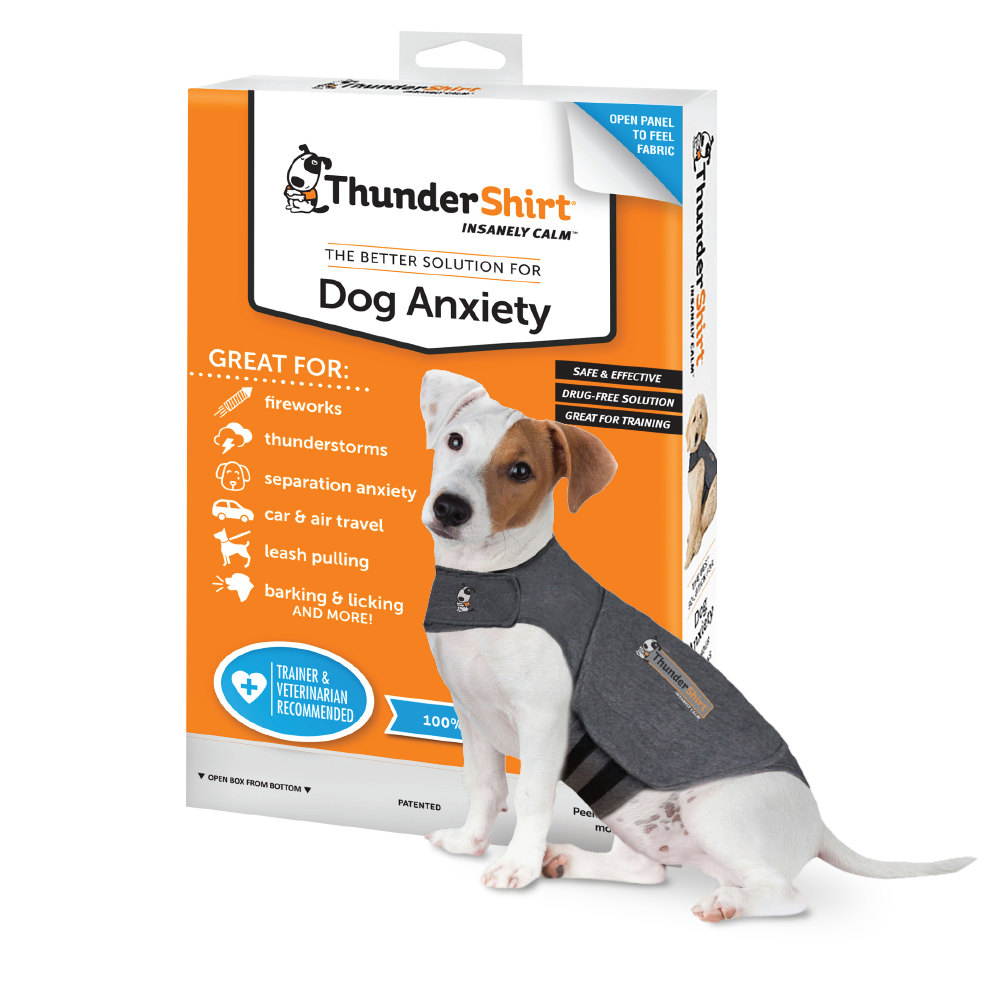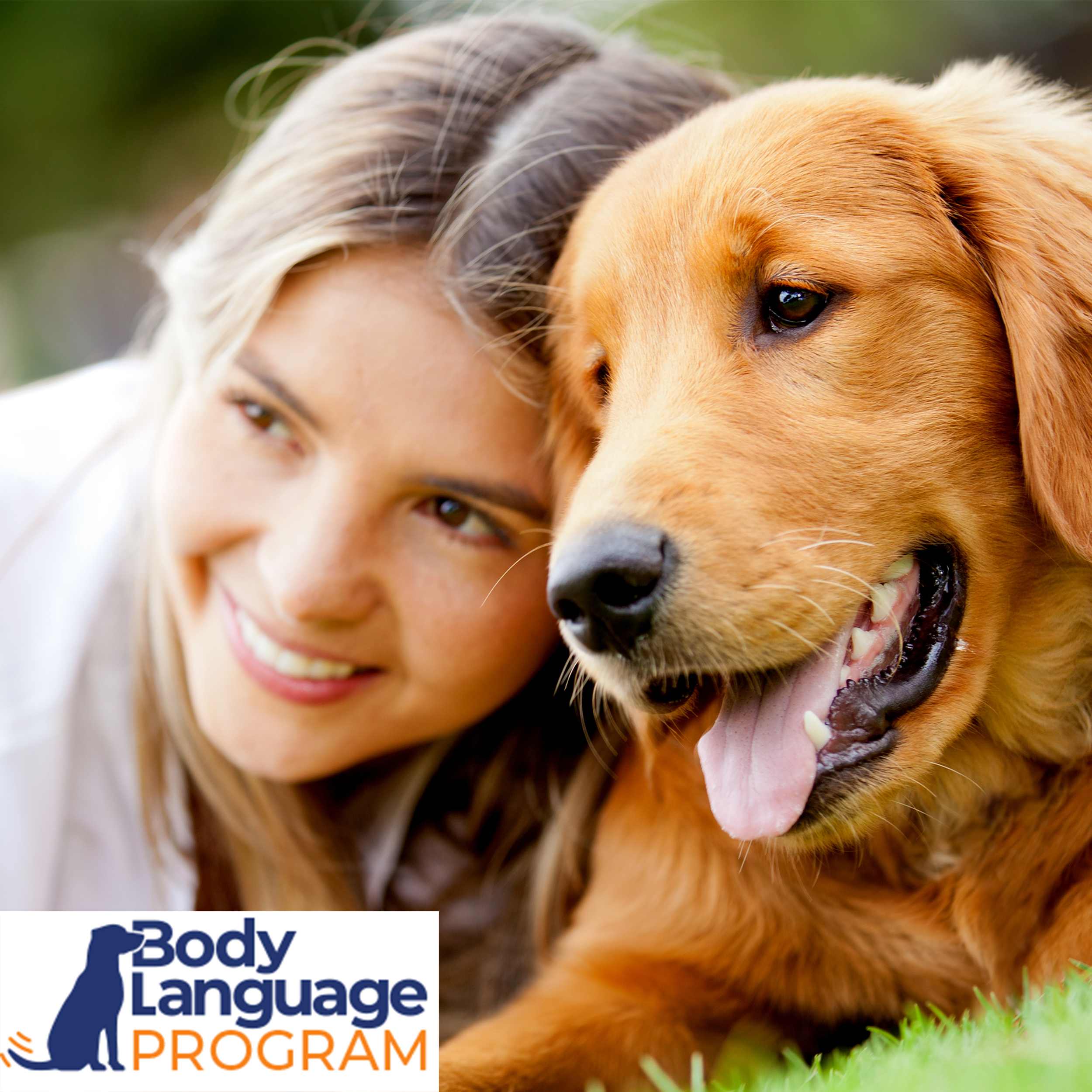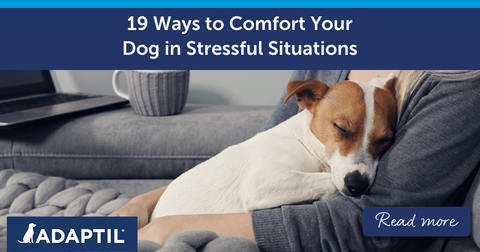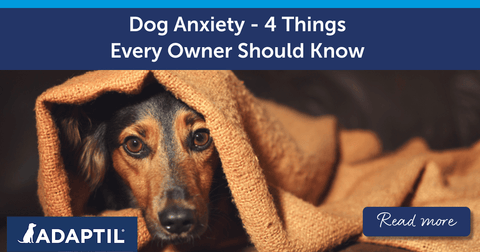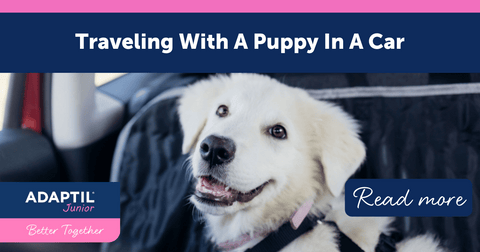Why is My Puppy Biting and Growling?
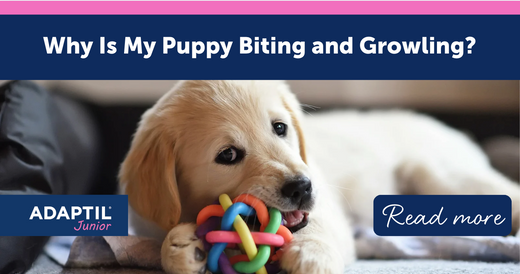
All puppies love a bit of rough and tumble! They like human contact, playing games and learning about their new friends and surroundings. But sometimes their inquisitiveness might lead them to bite or growl if they find themselves in a situation they don't yet understand.
Some biting is a natural behaviour for pups, and starts at an early age when they are still in their litter. When your pet plays with their siblings you will often see them 'mouthing' - a more gentle form of biting and not one that is done in anger, but is playful when with other pups.
But there are times when you might be confused and not understand why your puppy is biting and growling.
Reasons for Puppy Biting and Growling
Aggression
Try to determine if your puppy is biting playfully, or if its biting is becoming more aggressive. Remember, puppies are not naturally aggressive, so there's normally a reason that they continue to bite aggressively; they may be in pain or feeling poorly. If this is the case, you should take them to the vet to check there is no underlying cause.
Frustration
Puppies can also bite if they are frustrated. They may be bored, not getting enough exercise or be over-tired. Read more about helping your puppy settle at night time, particularly if your puppy is crying at night.
Boredom
Puppies have loads of energy and need regular stimulation and walks. Make sure they have different toys to keep them amused - food toys like Kongs can keep them entertained for ages while they try to extract the treat they smell inside. Try and manage their routine and fit in regular playtimes, walks and downtime. They'll soon get to know what to expect and get less frustrated.
Fear
Your puppy might also be frightened and growl or try to bite something, or someone, they are not familiar with. If they have not yet been to socialisation classes, they may be nervous or frightened of the unknown, so make sure they are socialised as soon as possible. Exposing them to new sights, sounds and new people at an early age will help them overcome their fears!
Warnings
Keep an eye on your pet's body language too. Growling can be an early warning; if they're in their bed all cuddled up, they may not want to be disturbed, and growl if they are approached. This is their way of saying 'back off, I don't want to be disturbed right now' - so take heed and let them wake up in their own sweet time! They may also growl at strangers; this can be a sign that they are protecting their territory or are nervous of people and things they don't know. Work to reassure them that everything is OK, and reward them for accepting the stranger; however, if growling continues and shows signs of turning more aggressive, you should consider consulting a dog behaviourist for help.
Play!
Puppies can also growl when they are playing - if you are playing tug o' war with a rope toy they will very likely growl while they are pulling and tugging. This growl is playful and nothing to be worried about. But if growling is becoming excessive and they are getting over excited, stop the game for a while until they calm down.
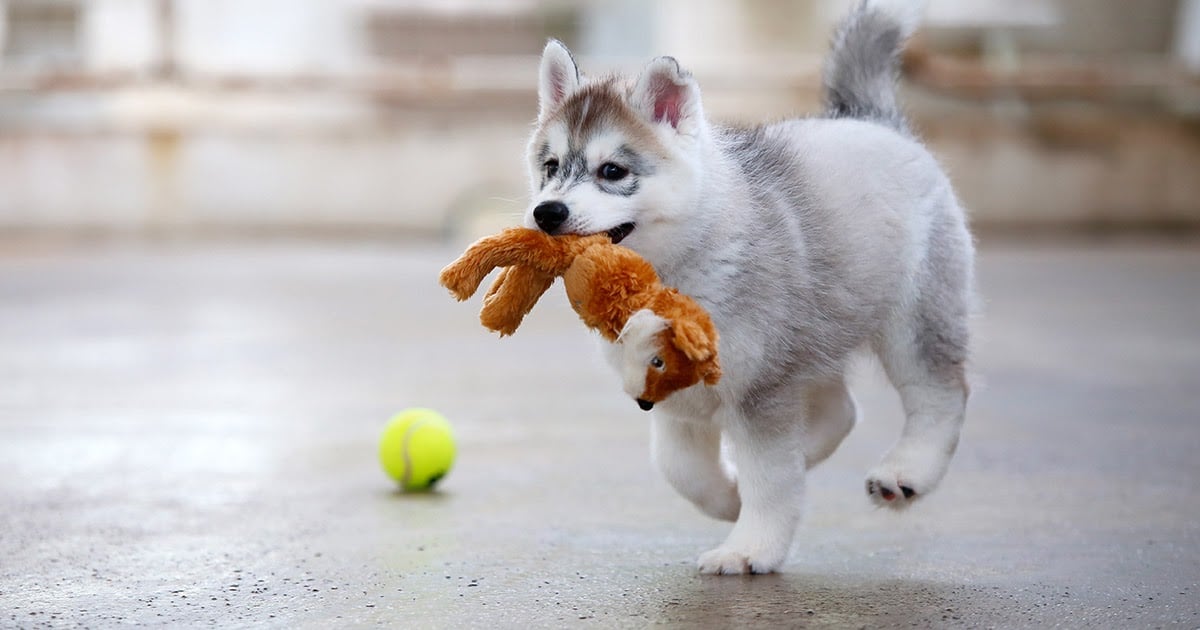
Puppy Tantrums!
Watch out for puppy tantrums! Yes, they can behave like toddlers and have a tantrum when they don't get their own way! A more common puppy tantrum might be when they are picked up to take them out of a situation; they will wriggle vigorously and try to get back down. They may also try to nip or bite your hand and this, of course can be dangerous if not corrected. Take them away from the situation and only put them back down when they have calmed down - remembering, of course, to reassure them all the time!
Ways to Help Your Puppy to Stop Biting and Growling
- Encourage good habits from the start. Teach your puppy basic training of what they can and cannot bite or chew by giving them their own toys to play with and redirect them from your personal possessions.
- Teach them to be gentle. This is particularly important when around children as any excitement could turn into (albeit) playful biting which needs to be avoided.
- If they show signs of biting or growling, try distracting them with a favourite toy or a puzzle feeder.
- Help them adjust. Get them used to being handled and touched without mouthing/biting; give them treats with your other hand to distract them.
- Teach them non contact play, like throw and fetch.
- Take them to socialisation classes at an early age
- Start simple training commands as soon as you bring them home. Teaching them to 'sit' and 'stay' will enforce the fact that you are in control and make it easier for you to manage situations in the future.
- Always reward your puppy when they obey a command, and particularly for good behaviour without biting or growling
- Seek professional advice if their biting or growling becomes more frequent or there's a change in their behaviour.
Understand Dog Body Language better with free course from Dog Training experts:
Try ADAPTIL
Using ADAPTIL Junior can help comfort puppies and support them as they learn. ADAPTIL Junior is clinically proven, veterinary used and recommended to help your puppy as they grow into a happy adult.


